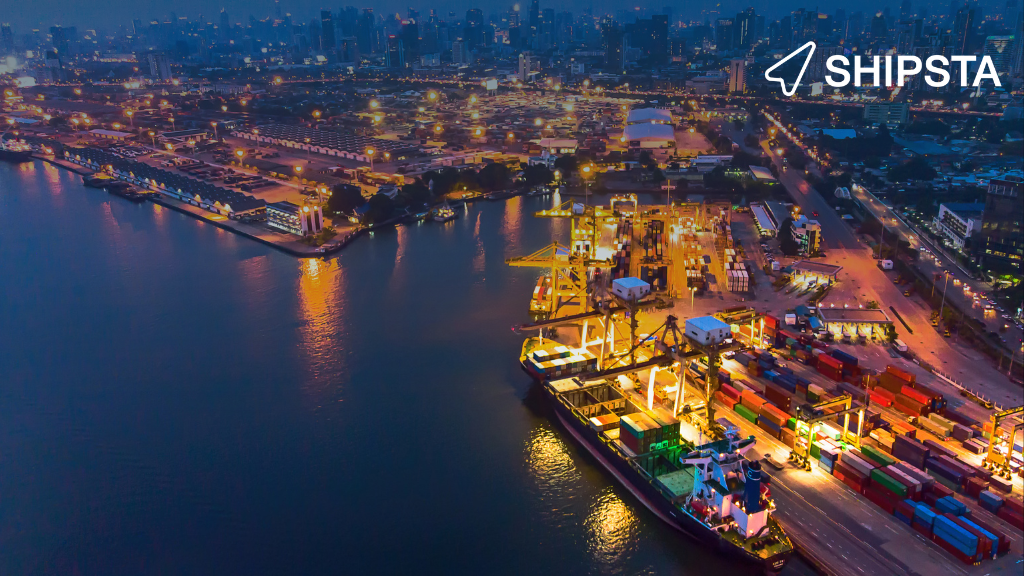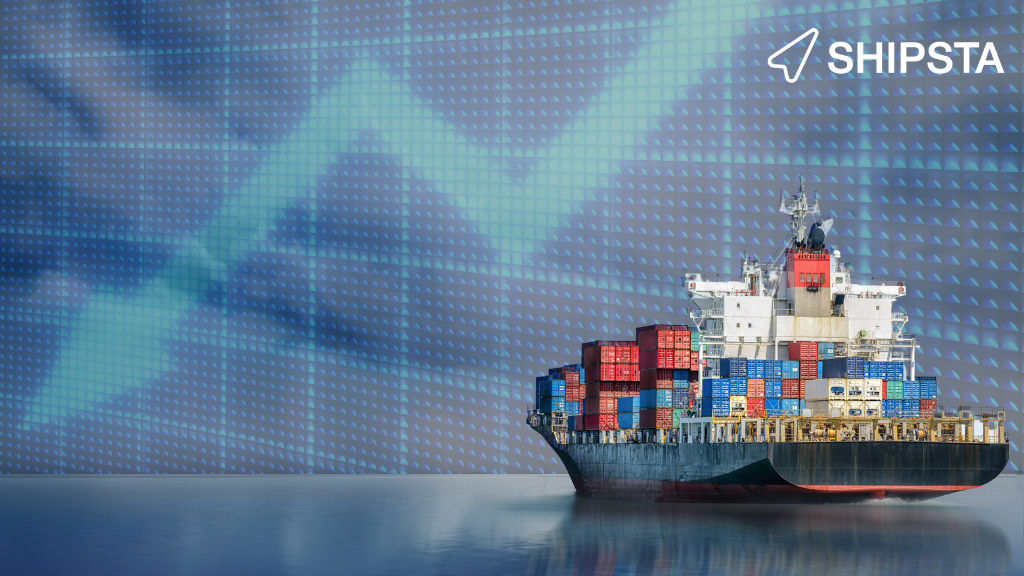With recent developments and continued volatility in the transportation industry, most procurement and logistics leaders have understood how essential it is to infuse their end-to-end freight process with relevant insights and additional execution power. Enabling data-driven decision making, along with automation & speed, becomes key for succeeding in a VUCA (volatile, uncertain, complex, ambiguous) world.
Research has confirmed that "platformization hype" for freight procurement has increased exponentially and most companies are already looking to use digital platforms as a permanent solution.
A freight procurement platform is about more than access to transportation services and metrics. It's about helping you conduct faster and easier the right analysis and make informed decisions that optimize costs, enhance work efficiency, ensure timely deliveries and help you reach your KPIs, including from a sustainability perspective.
However, with different options on the market, from more generic to more specialized platforms, you need to ask the right questions and be well-informed before making the purchasing decision.
Here are 5 aspects to look for when choosing your freight procurement platform:
1. Does the platform understand and cater to the complexities of freight procurement? .png?width=342&height=342&name=MicrosoftTeams-image%20(53).png)
Relevant logistics expertise can significantly benefit your efficiency and success.
Although generic procurement platforms available on the market may offer some support for transportation procurement and management, they do not tackle the complexity and specifics of the industry. You need to identify whether your platform can really address well the challenges that are core to freight procurement.
It also becomes essential to know whether your choice will address the different modes of transportation well enough, together with their dedicated demands. Whether you work with air freight, sea freight, road freight, intermodal freight transport or etc., the level of familiarity with the issues, business requirements and regulations governing your cargo should match your needs.
Furthermore, don’t look only for a technical capability, look for a partner. The business provider that sits behind the platform should own enough relevant experience to enable the highest efficiency for you and your company. Having access to a platform and a team with an in-depth understanding of the sector and that can offer solutions tailored to your business needs could be a decisive resource that ensures your success.
2. Can the platform integrate quickly with the other systems in your tech suite?
We're living in an interconnected world of logistics. Your company is probably already using some legacy platforms, ERP systems, TMS, and other tools to enhance the efficiency of your overall supply chain.
It is crucial that your chosen freight procurement platform offers a seamless integration with any software in your existing or desired tech suite, so that all systems can effortlessly communicate. This ensures that you can benefit from a seamless flow of data and activities, thus providing you with a much-needed end-to-end visibility, from strategy to execution, while increasing speed and efficiency.
A lack of integration capabilities can lower your business interoperability not only between platforms, but also between departments and lead to lower transparency and a diminished data analysis capacity.
3. How easily can the platform scale and adapt to your changing needs?.png?width=342&height=342&name=MicrosoftTeams-image%20(55).png)
Continually shifting demands require your freight procurement platform to be agile enough to accommodate changes. It is the lifeblood of modern logistics to cope with ever-changing needs, volumes, routes & other strategic and operational requirements. Your platform must be flexible enough to quickly adapt to your particular organizational setup and business needs, while allowing for scalability if the scope of business evolves across
teams,
departments,
geographies,
business units,
modes of transport, and more.
4. Do you have access to real-time insights and are you getting the right ROI? .png?width=342&height=342&name=MicrosoftTeams-image%20(56).png)
Data brings indispensable value to freight procurement teams. A lack of transparency on current and historical rates across volumes, lanes, LSPs, teams, etc. can lead to a reactive approach to decision-making, high risks, and missed opportunities to drive cost savings and more.
Look for a freight procurement platform that allows proper and relevant data flow and availability, while offering you the right capabilities for historical data review, real-time analytics, market scan to identify savings opportunities and external benchmarking. Benchmarking your rates against the market can empower you to identify areas for improvement, optimize routes, and deploy the most cost-effective strategy.
5. Do you have the ability to incorporate sustainability requirements? .png?width=343&height=343&name=MicrosoftTeams-image%20(57).png)
Compliance with green freight regulations is no longer a trend, but a top priority. However, it is still tough for freight procurement teams to translate sustainability requirements into practice, and to change them from one-time actions to an integral part of the strategy.
The platform of your choice should help you evaluate and execute the right actions to achieve your sustainability goals through green procurement modules, CO2 calculators, and other dedicated capabilities. Make sure you can look at green procurement as an end-to-end journey, starting from the RFI process to gather the required information about your suppliers’ capabilities and sustainability initiatives, launching tenders or spot requests incorporating your sustainability criteria, automating the analysis to surface the best option i and up to awarding of business.
The mandate to comply with green procurement initiatives will only continue to increase in the future. Make sure that your platform already has such solutions on its radar to avoid non-compliance with government and business regulations, as well as extra costs.
To be informed, is to be empowered - especially when it comes to purchasing decisions
Transportation management is complex, so finding the right digital solutions that help you better, easier and faster navigate this landscape can prove extremely beneficial.
If you have more questions, reach out to one of our logistics experts, we are more than happy to support you.
.png?width=342&height=342&name=MicrosoftTeams-image%20(54).png)
-2.png?width=400&height=53&name=MicrosoftTeams-image%20(3)-2.png)


